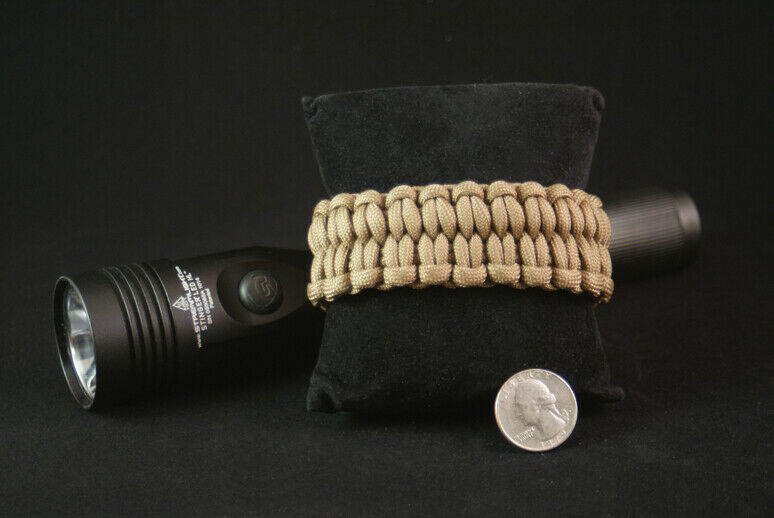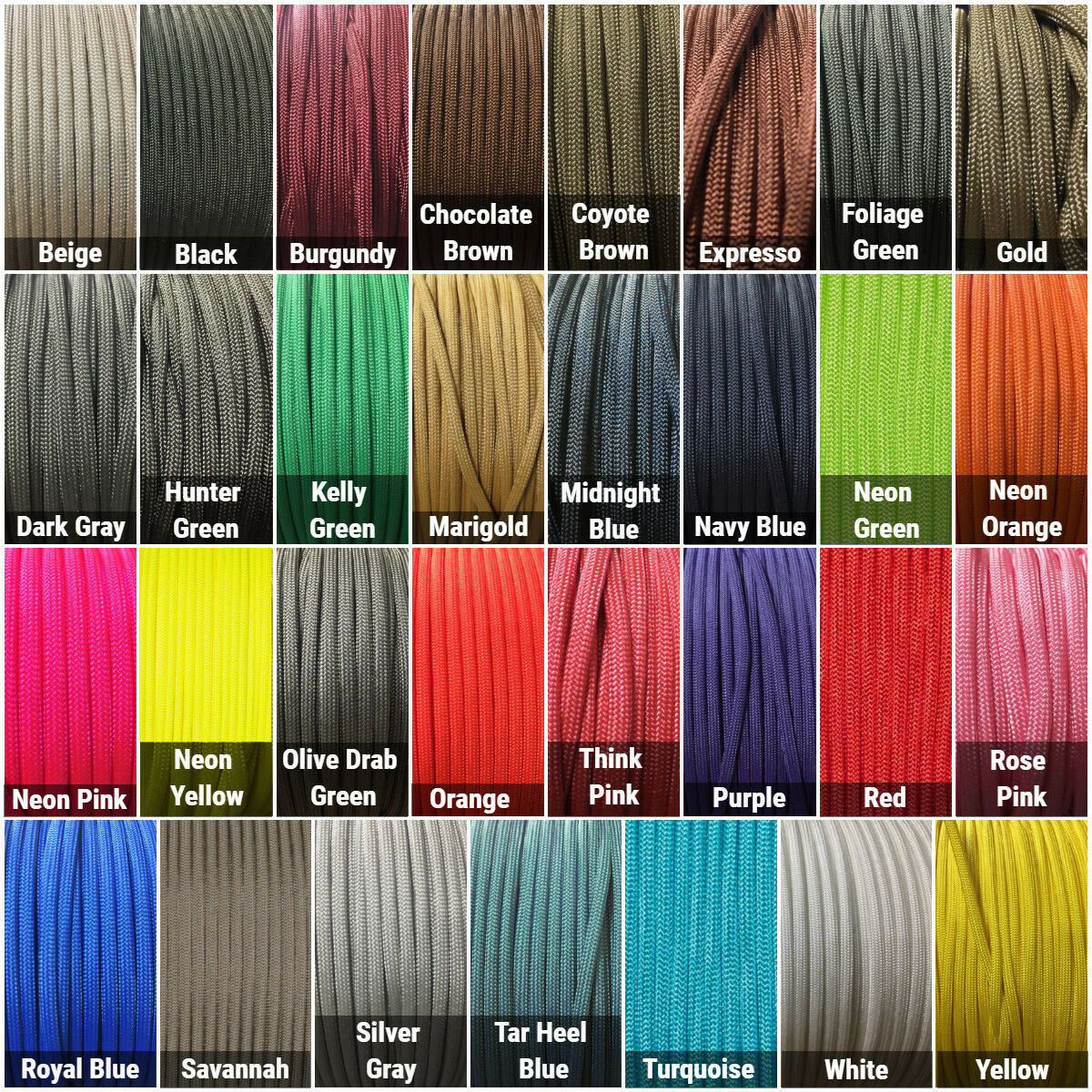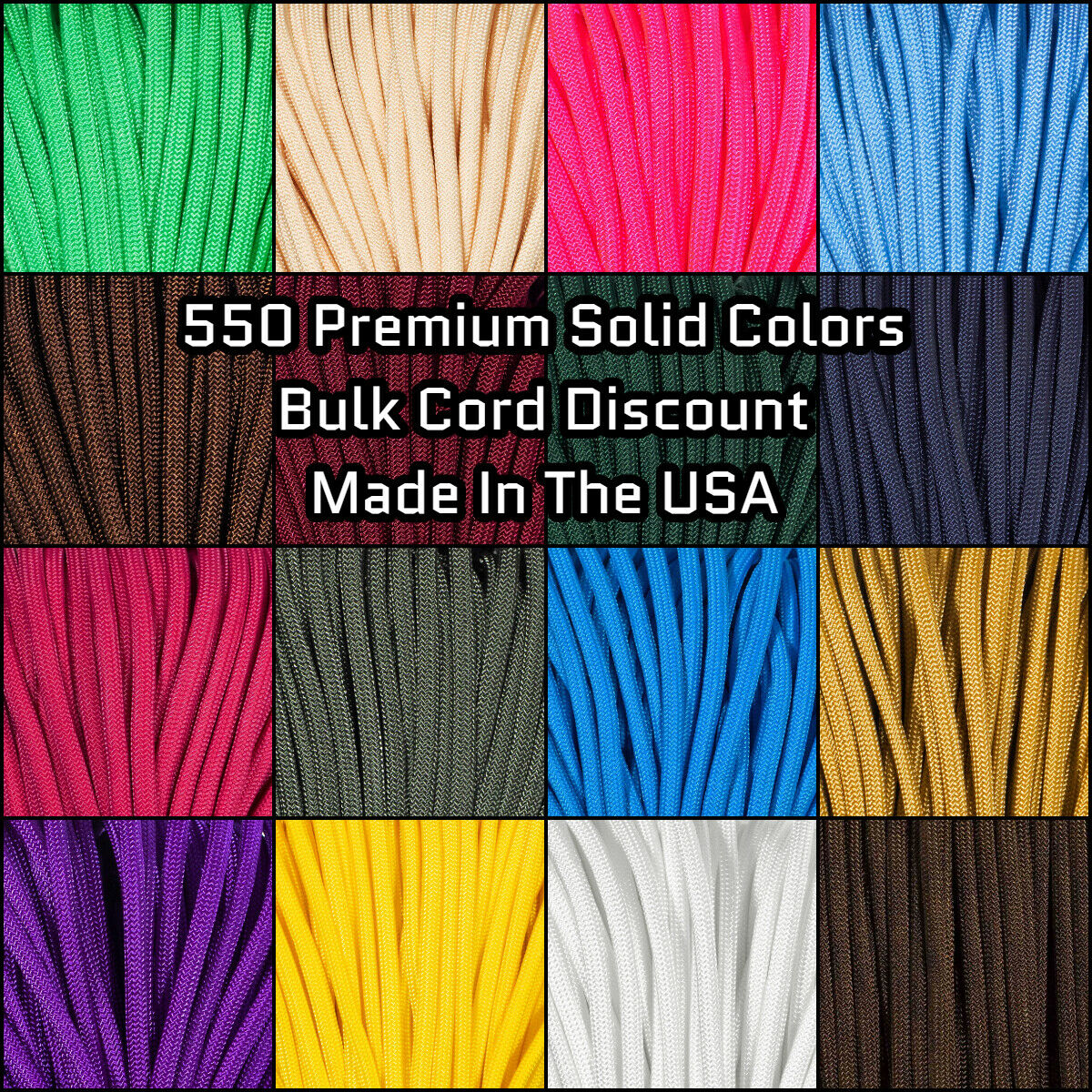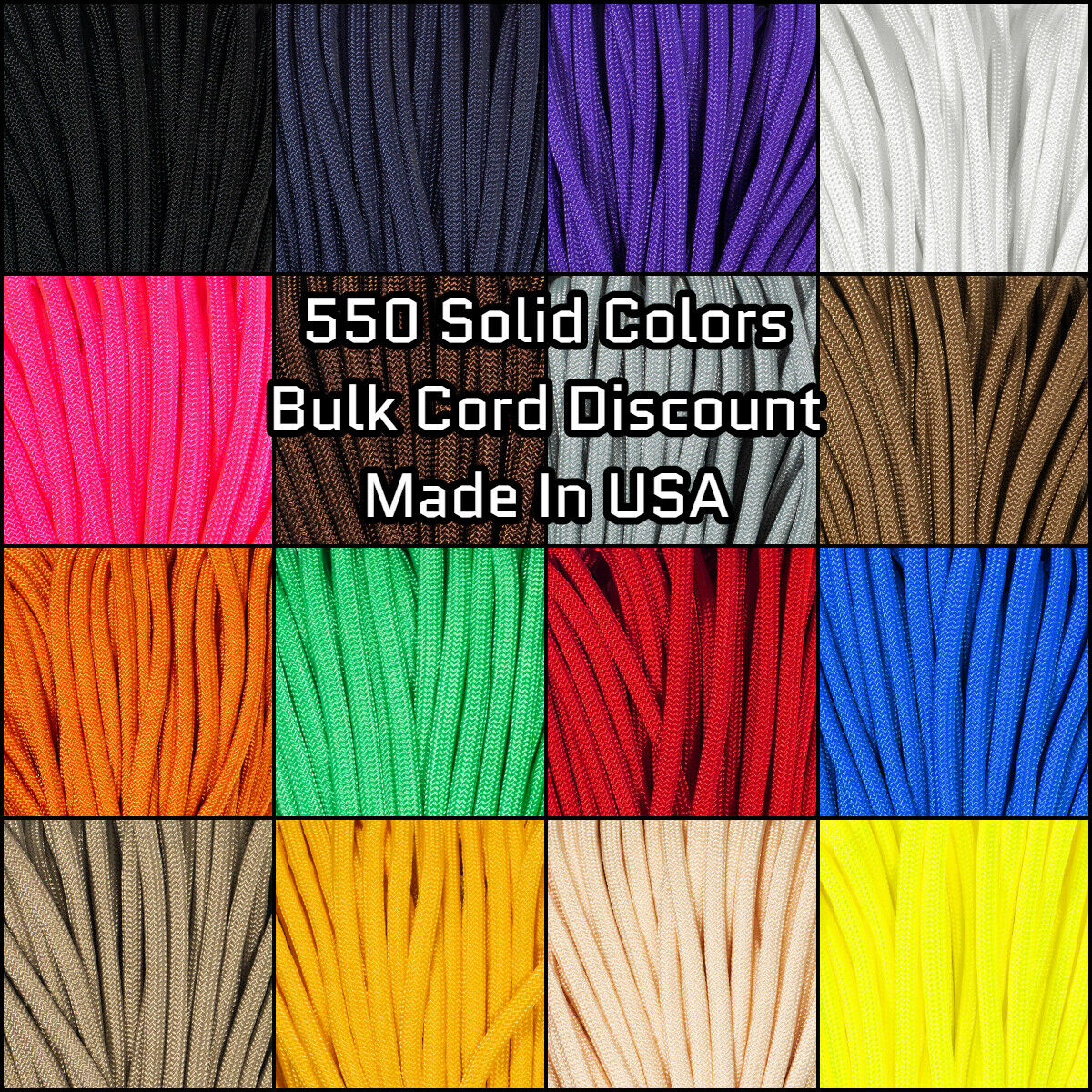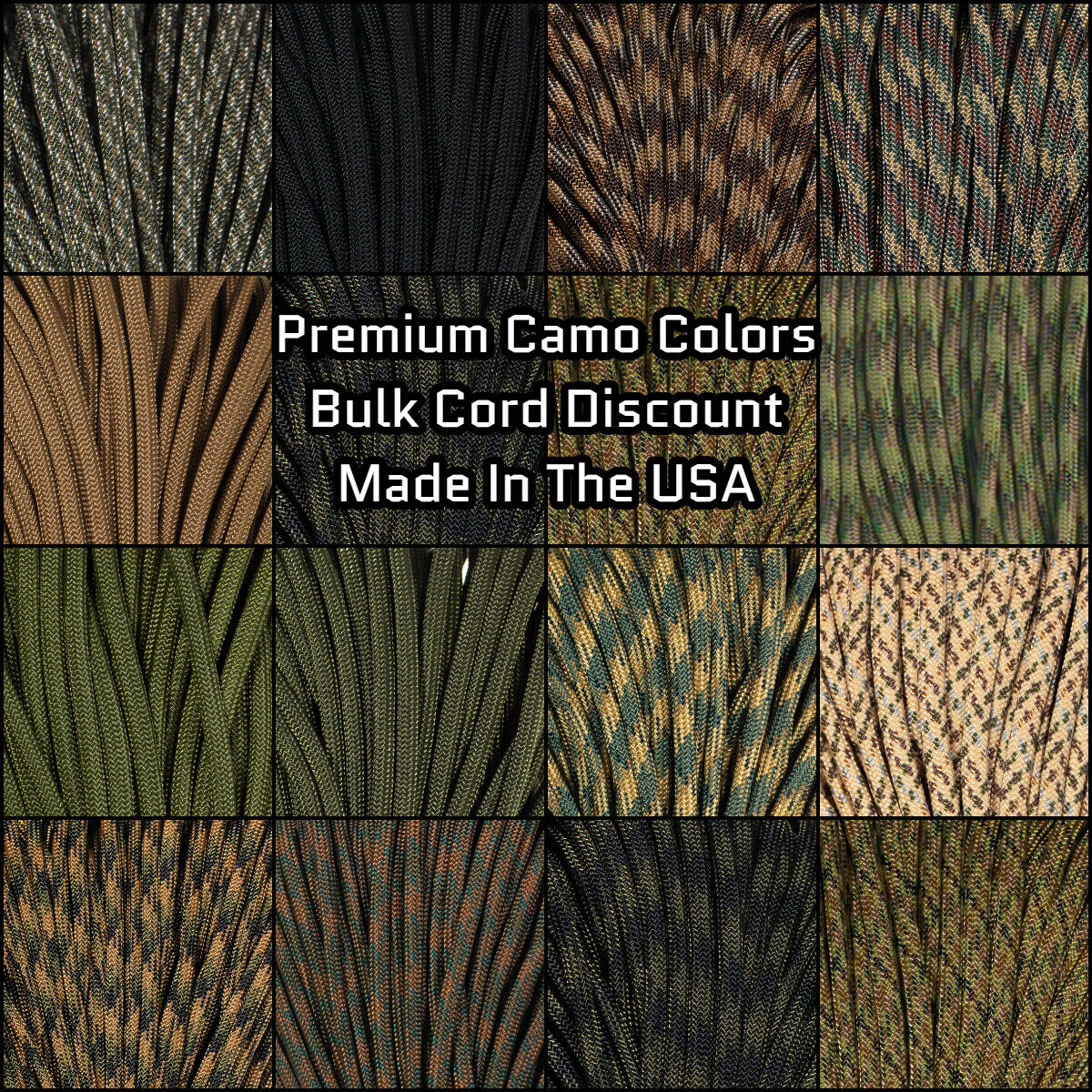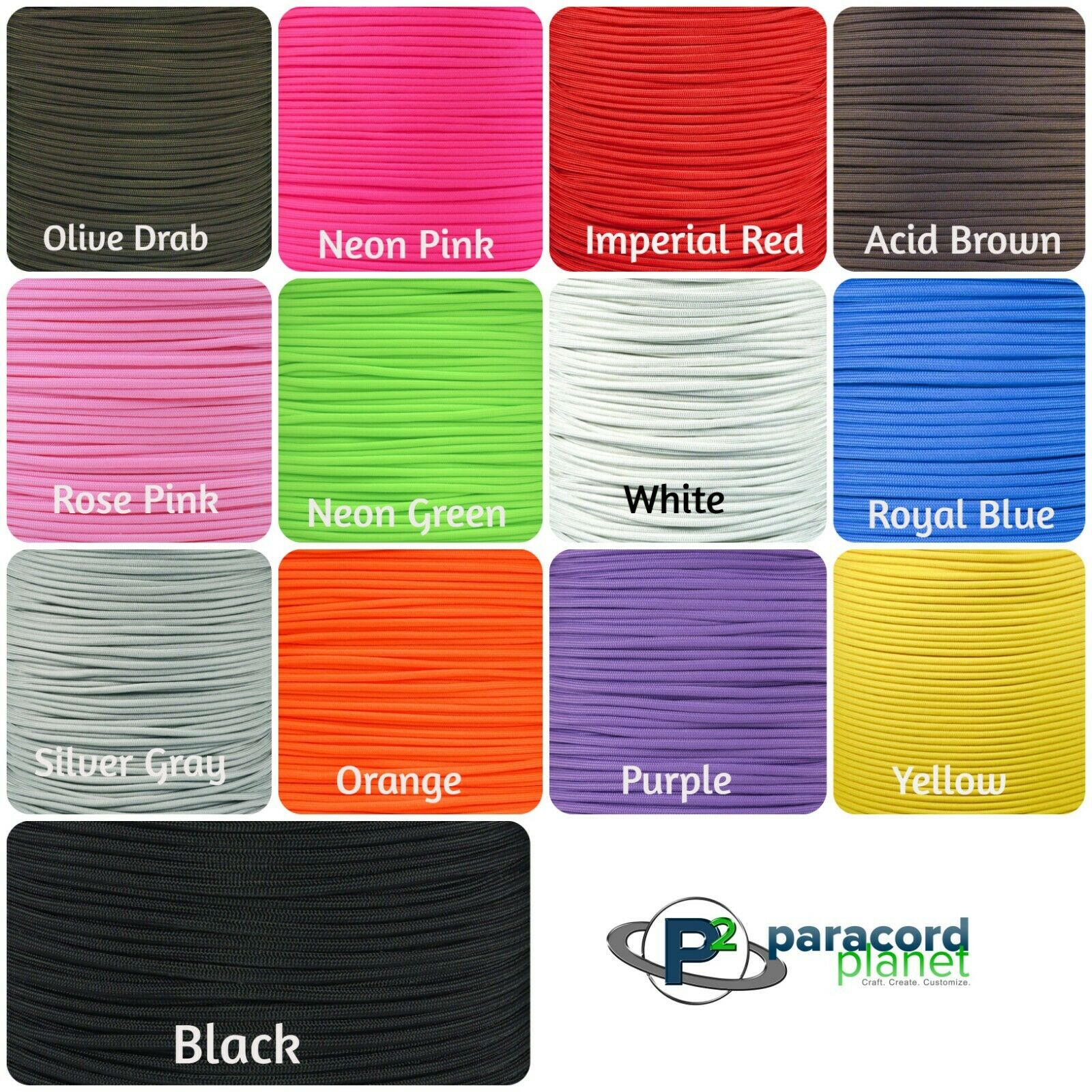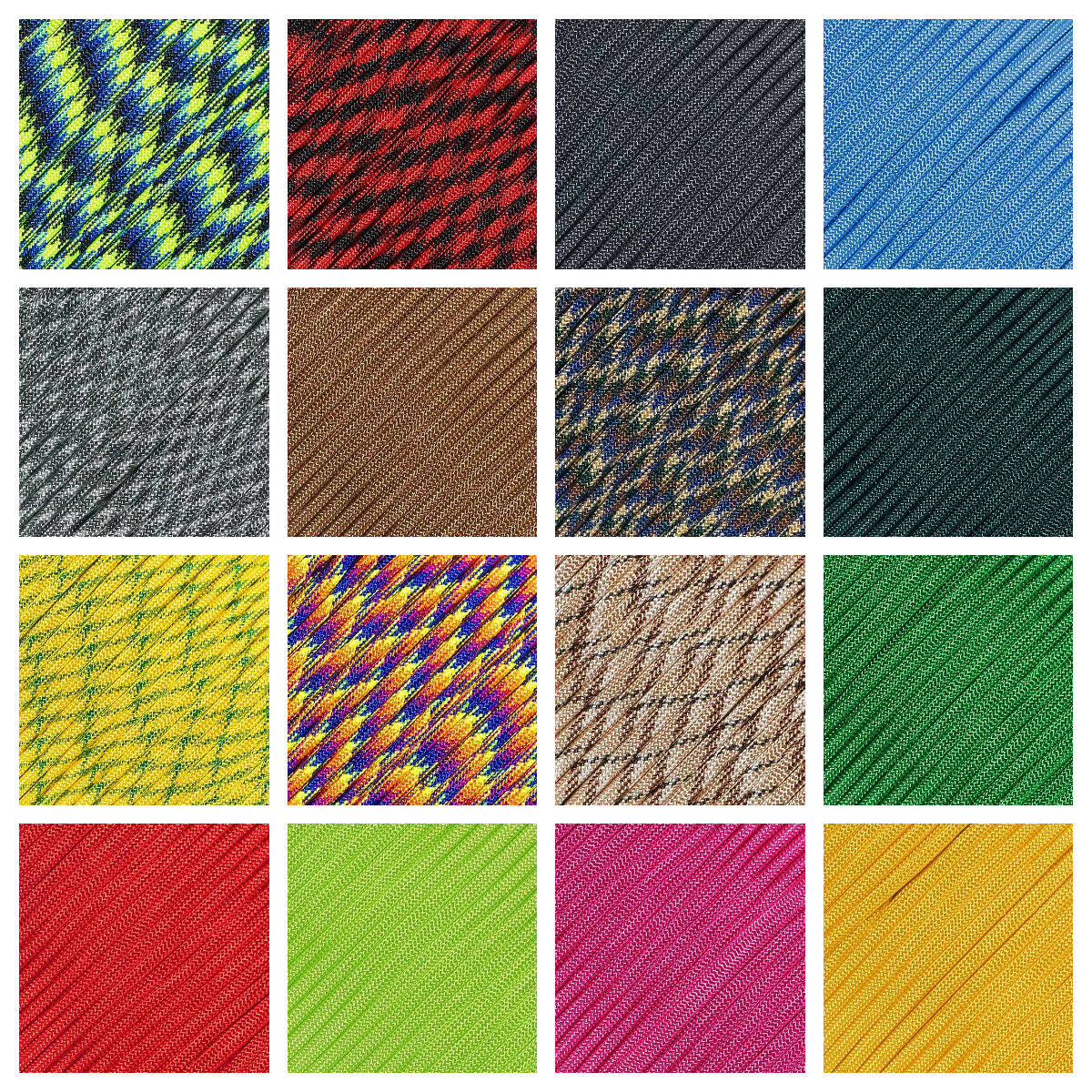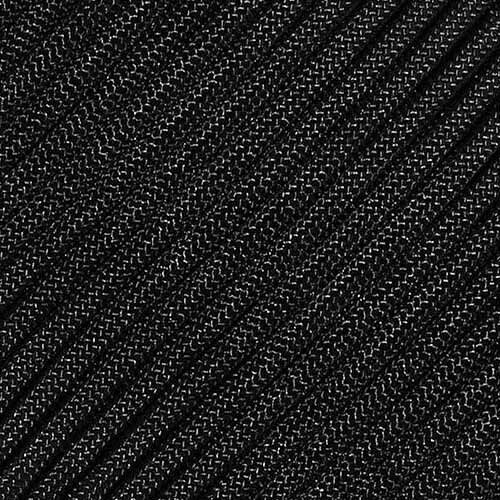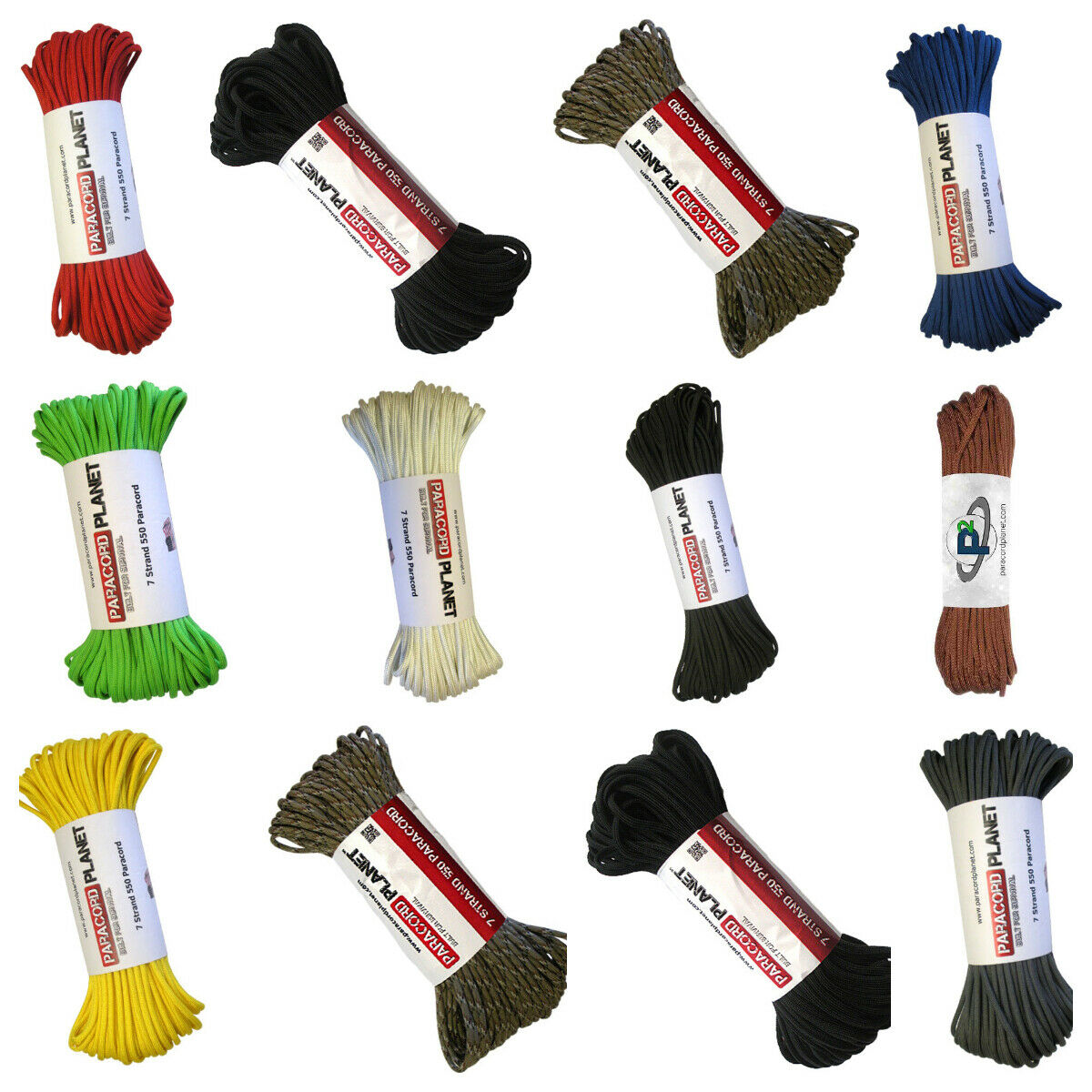-40%
Lot of 3 Desert Tan Solomon Paracord Bracelets - Backpacking, Hiking, Survival
$ 7.52
- Description
- Size Guide
Description
Lot of Three (3)Desert Tan Paracord Bracelets in Solomon Weave with Plastic or Metal Deployment Clasp (made with 15+ Feet of Paracord)
*Flashlight and Quarter pictured for size and scale and are not included with item
.35 for a package of 3 bracelets + free shipping (your choice of buckle)
Evil Toad Tactical was a review site and service that was created to test various surplus, military, survival, and outdoor items. They also produced some of their own gear. The company's four founders recently retired, and I purchased all of their remaining inventory. Check my other listings as I will be adding more items and options.
Here is what Evil Toad had to say about this item:
The Solomon weave has been gaining popularity due to the simplicity with which it can be deployed. Unlike other paracord bracelets that require manually disassembly (not unlike untying a knot), the Solomon is designed to be undone quickly. By simply removing the D-Ring portion of the shackle from the bracelet (leaving two exposed loops) and pulling on the remaining metal tongue, located on the other end of the bracelet (pulling the exposed loops back through the body of the bracelet), the entire design will unravel in about 10 seconds. It is important to note that this approach does not work with a plastic buckle (with a plastic buckle you need to unravel it to a point and remove one buckle before it will work). The Solomon weave lays flat on the wrist, but still carries an impressive amount of cord at just over 15 feet.
To measure fit, cut an 8.5" piece of paper and wrap it around your wrist. That is the approximate size of this style when buckled.
Buckles & Clasps come in a number of varieties. The two most popular styles (and the two we offer) are either a plastic quick release buckle or an adjustable metal shackle. The metal shackle is more durable and provides for roughly a half inch of additional adjustment (allowing you to shorten the length of the bracelet), but it is harder to take on and off. That being said, this is just a matter of personal preference, and it's a very close call.
We've tested a number of specialized buckles, such as those incorporating a fire starter and an emergency whistle. We do not recommend those designs. To begin with, they are too big (at nearly three inches in length), making them very uncomfortable to wear. Several manufacturers have attempted to alleviate this issue by curving the profile of the buckle, but it is still uncomfortable and it eats up nearly an inch of bracelet that could otherwise be used for paracord (roughly three feet in the case of the King Cobra). Further, the fire starters are pure garbage. In a survival situation, few things are more important than fire. So do yourself a favor and invest in decent fire starter tools. Better yet, learn how to start a fire without any tools at all. You'll be much better off than trying to use such inferior products. The whistles range from inoperable to very good - but it seems silly to sacrifice comfort and cord for a whistle you should have on your lanyard anyway (which should already be part of your kit).
If you are buying 550 paracord, be sure it has 7 to 9 inner strands, each comprised of three intertwined threads. If the paracord is labeled as "Type III," then it must have a breaking strength of at least 550 pounds and a minimum elongation rating of 30%. All Type III cords require the use of 7 to 9 internal strands. The paracord in this item is comprised of 9 main strands, each with three threads, for a total of 27 threads.
All of the paracord used in our products was tested with a 550 lb. static load running over a single pulley connected to a winch. Items were lifted until at least two feet off the ground (including elongation) and held for a count of two minutes. The cord was then tested using a jack and a load gauge to find the final break point. In all tests the cord performed well above the 550 lb. load requirement, and routinely handling up to 700 lbs. Additional tests for abrasion resistance were conducted, and the single pulley was replaced with a solid steel shackle wrapped with 60 grit sandpaper (replicating a stone ledge). Load was lifted a minimum of twelve inches off the ground (after elongation), forcing the cord to experience a continuous abrasive condition under load over a distance of one foot of lift. Despite showing moderate to severe sheath damage, all items tested were able to lift the weight and hold for a count of two minutes.
All paracord is designed to be highly elastic. In fact, it was originally designed for use with parachutes and it is actually meant to have a certain amount of elasticity prior to reaching it's critical breaking point (mil spec calls for a minimum elongation rating of 30%). Unfortunately, the survival community is somewhat split on this issue. Some feel it is a benefit of paracord, while others see it as a drawback. Either way, ours was designed to meet the spec, so it is highly elastic.
